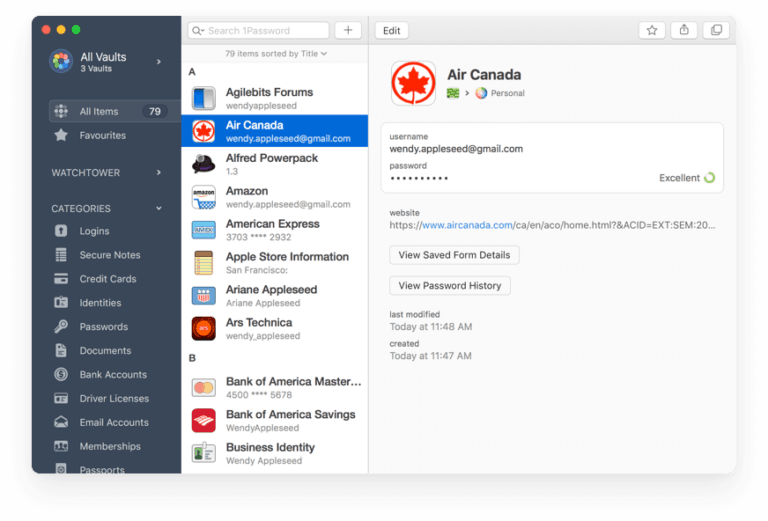

The following NEW packages will be installed:Īpache2-bin libapache2-mod-php7.0 libapr1 libaprutil1 libaprutil1-dbd-sqlite3 libaprutil1-ldap liblua5.2-0 php To get started, install php with the following apt-get command, which will work in Debian and Kali Linux. A Debian virtual private server is used in my example. Setting up this attack involves a PHP server controlled by the attacker used to intercept exfiltrated data. Instead, they have found a way to remotely execute code on the target macOS device. In this scenario, the attacker only cares about exfiltrating the clipboard and hasn't backdoored the MacBook. The payload is instead designed to exfiltrate the clipboard to the attacker's server at intervals. Scenario: The attacker doesn't care to remotely access the MacBook. Option 2: Exfiltrate Passwords to a Remote Server You can spend a little time devising a robust, proper solution with this as the basic foundation. But it serves its purpose for this article and most scenarios. The if statement only compares the last line of the clipboard.txt file, so if there are multiple lines in the clipboard it'll fail to recognize it as a duplicate entry. However, this solution is somewhat flawed. Only if the current clipboard content is not equal ( !=) to the last entry ( tail -n1) in clipboard.txt will pbpaste update the file. ~$ while true do if ] then echo -e "\n$(pbpaste)" >/tmp/clipboard.txt fi & sleep 5 done Prevent the clipboard.txt file from flooding with duplicate lines by evaluating the clipboard contents and comparing it to the last entry in the file. Tail will follow ( -f) changes appended to the file and immediately print new content discovered in the clipboard.

Scenario: The attacker has established a persistent backdoor and wants to gather passwords stored in KeePassX, 1Password, or LastPass over a prolonged period.


 0 kommentar(er)
0 kommentar(er)
